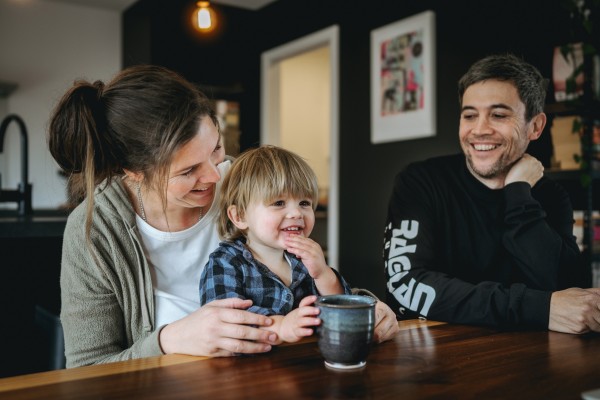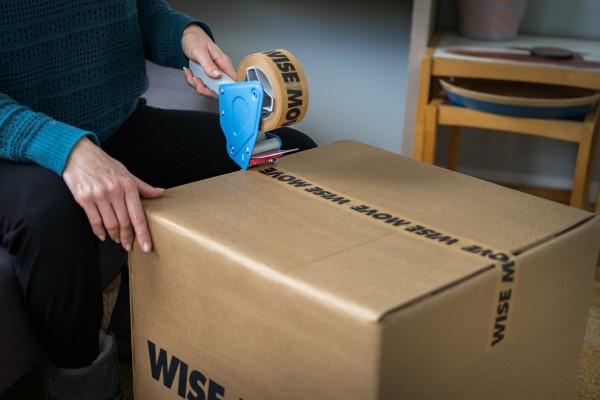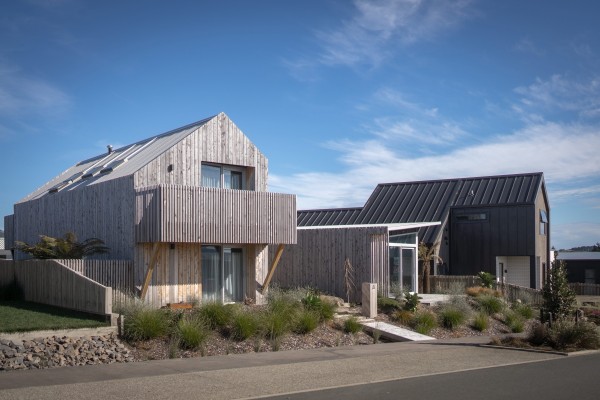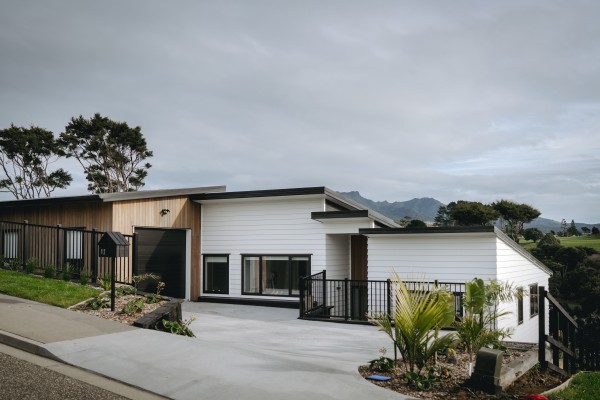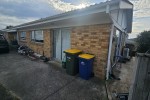Cost of Living in Auckland [2025]

![Cost of Living in Auckland [2025] Cost of Living in Auckland [2025]](https://cdn.wisemove.co.nz/image/blog/6ee95ae9bf93c99ac8b1faf7198008ce.jpeg)
There are lots of good reasons to consider a move to Auckland. With beautiful beaches and bustline cafes and nightlife all within a stone's throw of one another, Auckland can offer the perfect balance of work hard, play hard for, but how much do you need to earn to get the most out of the city?
Before moving to our biggest city, the cost of living in Auckland is something you should factor into your budget.
Reasons to move to Auckland
With 1.7 million residents, there are jobs in every industry that you won’t find in other cities. From start-ups to New Zealand’s biggest companies, film, television and news media, the Auckland job market opens up a world of opportunities.
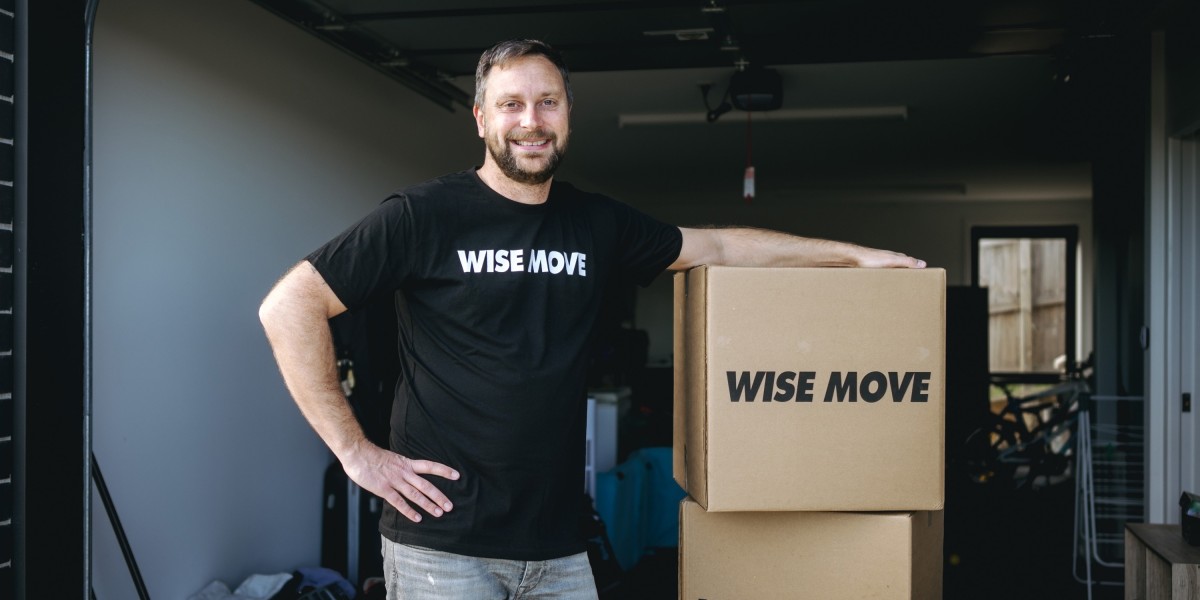
Moving to Auckland can be an excellent decision for your career, but a booming economy isn’t the only reason to consider Auckland. The city is family-friendly, beautiful, welcoming and safe.
Salaries in Auckland
According to Infometrics, the average household income in Auckland was $162,494 in 2024, which was higher than the New Zealand average of $132,812.
Read more living guides on Auckland:
What’s different about Auckland?
Auckland might have higher rates of pay than most parts of the country, but the price of housing and rent is higher too. It’s second to only Wellington as the most expensive place to live.
Traffic can be a downside to living in Auckland. It’s more spread out than compact cities like Wellington, and getting across the city in rush hour can take hours. According to the Auckland City Council, Auckland commuters spend 20 working days stuck in traffic every year.
Auckland is one of our most diverse populations, with over 180 ethnicities represented in its population. 42% of residents were born overseas, and 30% of Aucklanders speak two or more languages. The city is 33% Asian, 18% Pacifica, 14% Maori and 63% European.
Cost of living in Auckland
When it comes to the cost of living in Auckland, accommodation is one of the most significant expenses. Auckland’s rental and housing market has been booming for decades.
For Renters
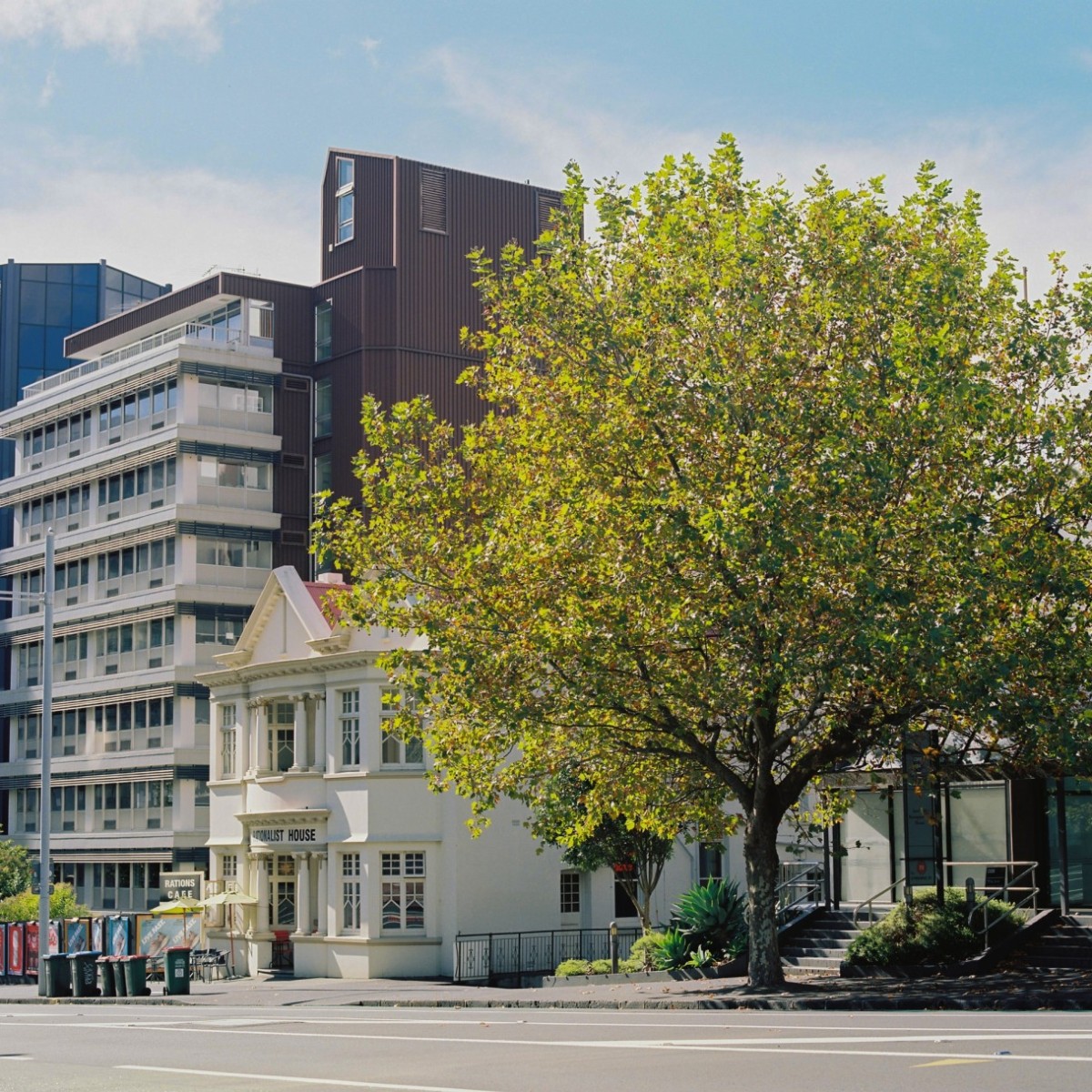 If you’re a young professional or just someone who wants to rent a home near to the action, check out the following suburbs that are close to the city, bus and public transport. These include:
If you’re a young professional or just someone who wants to rent a home near to the action, check out the following suburbs that are close to the city, bus and public transport. These include:
- Auckland City
- Ponsonby
- Grey Lynn
- Parnell
- Meadowbank
- Onehunga
- Mt Albert
- Otahuhu
- Henderson
Auckland is a big, sprawling city, so it’s a good idea to consider the areas you will be working, studying or commuting to regularly before choosing a suburb to live in.
The 2024 Trade Me Rental Price Index showed Auckland had a median weekly rent of $690, up by 4.5% on the year before.
Auckland's north shore is more expensive, with a median weekly rent of $730. The most expensive suburb to buy in is Herne Bay, which has a median house price of $3.16 million. The most affordable suburbs in Auckland are Auckland Central, Grafton, Manukau and Clendon Park, which has a median apartment price of $300,000.
Another option to offset the cost of living in Auckland is to move into an existing flat or get flatmates.
If you are looking to rent a room, check out the following sites for flatmate wanted ads:
- Trade Me Flatmate Wanted listings
- Facebook pages such as Flatmates Wanted - Auckland and Auckland Flatmates & Flats Wanted (AFW)
Buying in Auckland
Auckland has always been an expensive city to buy a home in compared to New Zealand. In the ten years between October 2011 and October 2021, the median Auckland house price shot up by $780,000 (from $470,000 to $1.25 million) - an average return of 10% per year!
In November 2024, the average sale price of an Auckland home was $1,038,000.
Despite Auckland being an expensive city to buy in, there are still areas that experts believe are undervalued in the property market. Houses in the Hibiscus Coast to the north of Auckland, Howick in East Auckland and Franklin to the south of Auckland are all considered undervalued according to opespartners.co.nz
The Waitakere Ranges, Henderson, and most of Auckland Central are considered overvalued. Properties in the far south, east and west of Auckland are the most affordable, while Auckland city, Rodney and Howard are more expensive to buy in.
Auckland’s population is expected to grow by another 30% in the next two decades.
Auckland neighbourhoods of interest
Auckland comprises 55 suburbs, each with its own unique culture. Here are some popular city suburbs:
Auckland City
The central city is a great option for young professionals that want to be close to their work, bars, clubs and nightlife. The central city is also close to the railway station, ferries, buses and green spaces so you won’t feel stuck in a concrete jungle.
Apartments are available at around $270-$370 a room or $430-$800 per week for a two-bedroom. Many more expensive apartments also come with amenities such as storage and gyms.
Ponsonby
Ponsonby is an upper-market suburb, but it is close to the city and has many good newly renovated houses and apartments to choose from.
A one-bedroom apartment costs around $520 a week or $770 for a two-bedroom. A 3-4 bedroom home can cost between $1,500-$2,000 per week.
A two to three-bedroom home costs around $300-$400 per week for people looking to rent.
Grey Lynn
Grey Lynn has a reputation as a younger, creative suburb thanks to the number of Millenials looking to make it their home. It’s not as cheap as it used to be, but its proximity to Ponsonby and the central city makes it a popular option.
You can find a three-bedroom Grey Lynn apartment for about $710 per week or a two-bedroom for $850 per week. A room for rent will cost between $300 and $350.
Parnell
Parnell used to be home to artistic, eclectic, working-class types, but today, it’s a popular and very desirable location to live in. Parnell can be an excellent spot for families as it’s zoned for many great schools.
A three-bedroom house costs between $780-$880 per week (on the cheaper end). Luxury rentals can go for $2,800 per week, pool included. There are two-bedroom apartments priced between $650 and $700 per week.
It’s far cheaper to rent a room in an existing flat in Parnell. Rooms rent for between $260 and $370 per week.
Meadowbank
Meadowbank is an excellent option for families with children to consider. There are many great primary schools, and rents are cheaper than Remuera and the Eastern Bays. Meadowbank is suburban Auckland living at its best.
Rents are more expensive than in other suburbs as you will generally be renting out a home rather than an apartment. 3-bedroom homes are priced between $750 and $1200 per week.
There aren’t a lot of places to rent a room in Meadowbank, but individual rooms are priced at around $260 per week.
Otahuhu
Otahuhu has excellent access to the train station, is a highly walkable suburb and becoming increasingly popular with Millenial home buyers.
It’s still possible to rent a 1-bedroom in Otahuhu for less than $400 per week. Two-bedroom are priced at around $480 per week and three-beds at $630 per week.
Things to do in Auckland
Auckland might not be a cheap place to live, but there are plenty of accessible and affordable options for doing things in the city.
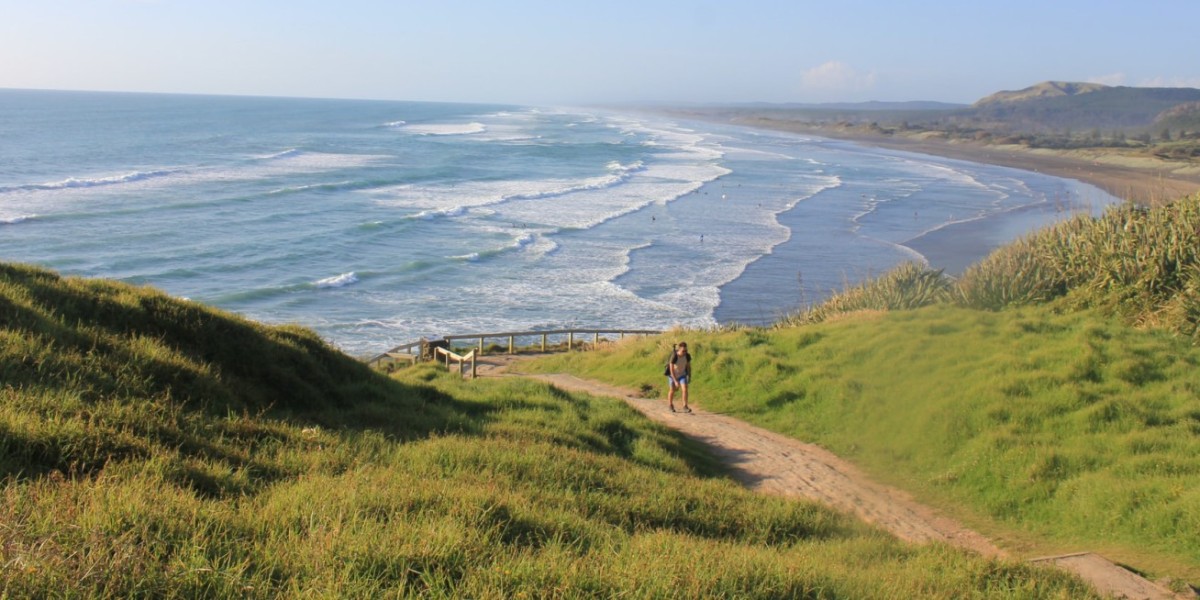
Auckland is full of stunning coastlines, thundering waterfalls, quirky urban strolls and native bush, all accessible or within an hour of the city. Hike the 3 hours 20 minute Te Henga cliff top walk from Bethells Beach to Muriwai.
Not far away is Muriwai Beach Gannet Colony, home to New Zealand’s largest population of migrating gannets.
Hike Rangitoto Island in just two hours. This walk takes you past lava fields and the world’s largest pōhutukawa forest and rewards you with views of Auckland and the Hauraki Gulf.
Explore Tāwharanui Peninsula for the birds and the views. This 3.3km return hike is excellent for bird spotting and sea views.
For some urban trekking, visit the shops on Kairangahape Road. Enjoy the eclectic collection of shops and cafes during the day or visit Anthology Lounge or Neck of the Woods for live music at night.
Explore more than 400 displays of free public art around the city.
Read more things to do in Auckland:
Auckland regular events
Auckland has a jam-packed calendar when it comes to events, but here are a few regular ones you may want to look out for.

The ASB Classic
Tennis fans rejoice! Check out the world’s best men’s and women’s champions at the ASB Classic every summer. This tournament happens in early January every year.
Laneways Festival
Catch the best of New Zealand and international artists at Laneways Festival in February. Tickets start from $179-$219.
Takapuna Beach Cup
Fancy something a little different? Enjoy three days of this outrigger and paddle festival, perfect for amateur and expert paddlers keen to get on the water.
Auckland Cup Week
Put on your best outfit and fascinator, or suit and tie and head to Ellerslie for a week of amazing outfits and exceptional horse racing at Auckland Cup Week in March.
Pasifika Festival Auckland
Enjoy the culture and festivities from 11 Pacific island nations at the annual Pasifika Festival Auckland.
The cost of food in Auckland
When figuring out the cost of living in Auckland, expect to eat and drink a lot of your budget. Aucklandians like to go out. Whether it’s Saturday brunch or Wednesday after-work drinks, there is no wrong time to hit the city.

The cost of eating
According to the comparison website Glimp, a single household shop per week in Auckland comes out to $145.10. This is more expensive than all other urban areas of New Zealand.
The cost of dining out
Auckland has no end of dining out options from fine dining to fast-casual options and a wide range of international cuisine. Check out some of these Auckland favourites.
Cheap eats $20 - $25:
- Kepa Road Cafe - Coffee
- Seabreeze - Cafe - Brunch
- Federal Delicatessen - New York Deli Style
- Daily Bread - Cafe - Brunch
Reasonably priced $25 - $55:
- Ghost Street - Chinese food - shared plates
- Haru no Yume - Sushi and saki
- Hot Hot - South East Asian
- Platform 8 - North American - shared plates
Fine Dining: $55+

- Alma - Southern Spanish
- Eight - Hotel Buffet
- TALA - Samoan
The cost of drinking
Craft Beer $12-$15/drink
- Vulture’s Lane - Inner City Dive bar
- Brother’s Beer - West Auckland Craftbeer
- George Bar - Ponsonby Brewery
- Dice & Fork - Games bar and eatery
Wine Bars $12-$70/glass
- Wine Cellar - K-road boho wine bar
- Annabel’s - Ponsonby neighbourhood bar
- Bonita - casual wine bar
Cocktails $15-22/drink
- Little Culprit - Inner-city cocktail bar
- Sly - K Road Speakeasy
- Taboo - Inner-city late-night cocktail bar
- Caretaker - Britomart NY-style bar
Getting around Auckland
Auckland is a sprawling city, and it pays to own a vehicle to get around. If you don’t have your own wheels, the city has a network of trains, buses, and ferries servicing the wider city. 
- AT Hop Cards: Registering for an AT Hop card makes bus travel faster and cheaper. Get a 20% discount on every trip compared to paying cash for bus, train and ferry fares.
- Bus and train: Auckland has nine transport zones for bus and train rates starting at $0.60 in the inner city and $12.60 to travel between all nine zones. See how much you might pay here.
- Passes: Monthly passes are available for some transport options. Bus and train monthly passes are $215 for unlimited travel. Ferry passes for some routes start at $165-$265 per month.
Parking in the city
The Auckland Transport website has live information on how much parking is available in their inner-city car parks. Check out their site here before you travel.
Auckland City is segmented into three different parking zones, all with different rates and hours of use. The inner-city parking map gives a detailed outline of where to park and what to pay.
ZONE 1
Monday - Friday, 8 am – 6 pm $5 per hour (up to 2 hours), $10 per hour (after 2 hours)
Monday - Friday, 6 pm - 10 pm $2.50 per hour (up to 2 hours) $5 per hour (after 2 hours)
Saturday, Sunday and public holidays, 8 am – 10 pm $2.50 per hour (up to 2 hours) $5 per hour (after 2 hours)
ZONE 2
Monday - Friday, 8 am – 6 pm $3.50 per hour (up to 2 hours) $7 per hour (after 2 hours)
Saturday, 8 am – 6 pm $1.50 per hour (up to 2 hours) $3 per hour (after 2 hours) [
ZONE 3
Monday - Friday, 8 am – 6 pm $3 per hour $6 per hour (after 2 hours)
Saturday, 8 am – 6 pm $1.50 per hour (up to 2 hours) $3 per hour (after 2 hours)
Now that you have a good idea of the cost of living in Auckland, it might be time to think about moving. For that, you’ll need a moving company you can rely on. Wise Move has an extensive network of moving companies that can get you from your current home to Auckland in no time. Find a Man with a Van or moving service for your next move.
What do our customers say?


For every (wise)move
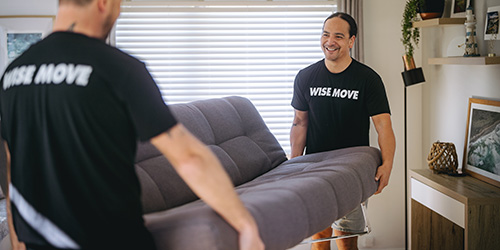







![How much do you need to earn to live comfortably in Auckland? [2025] How much do you need to earn to live comfortably in Auckland? [2025]](https://cdn.wisemove.co.nz/image/blog/a6c9fabaf213365fe94a9ab210681a2a.jpeg)
![How much do you need to earn to live comfortably in Auckland? [2025] How much do you need to earn to live comfortably in Auckland? [2025]](https://cdn.wisemove.co.nz/image/blog/e3b1ef89c1e25d415a1298f2f35cdd55.jpeg)
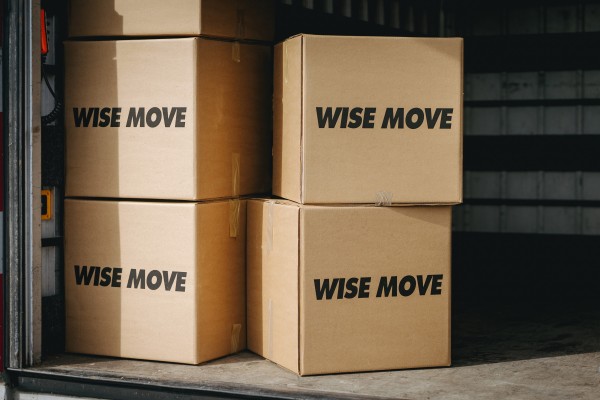
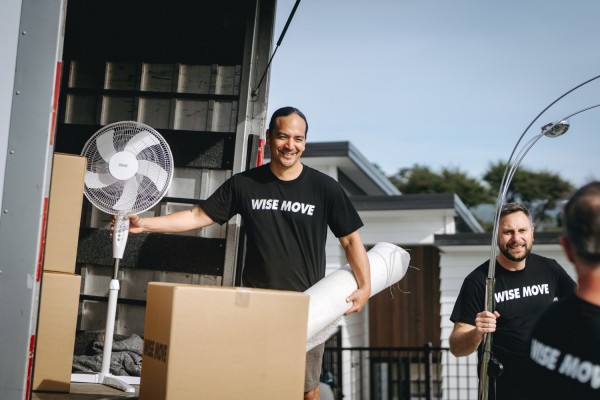
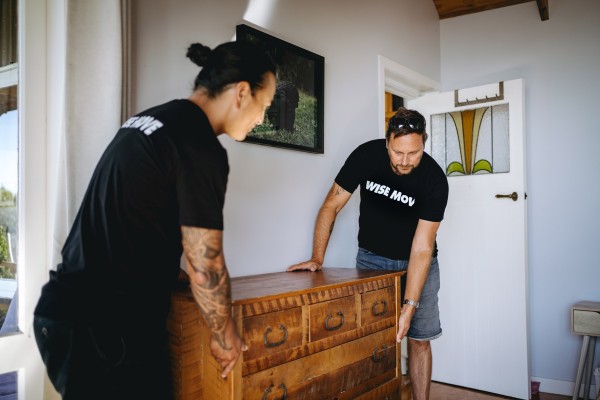
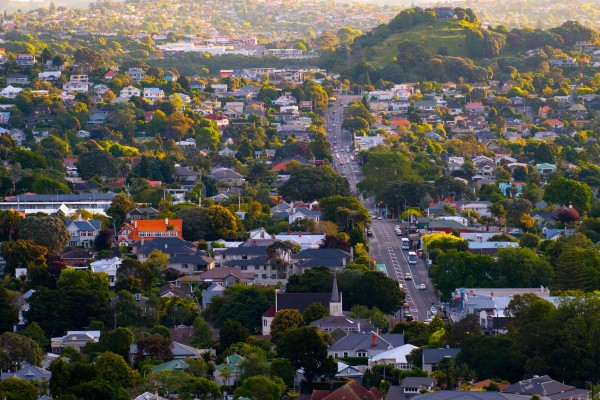
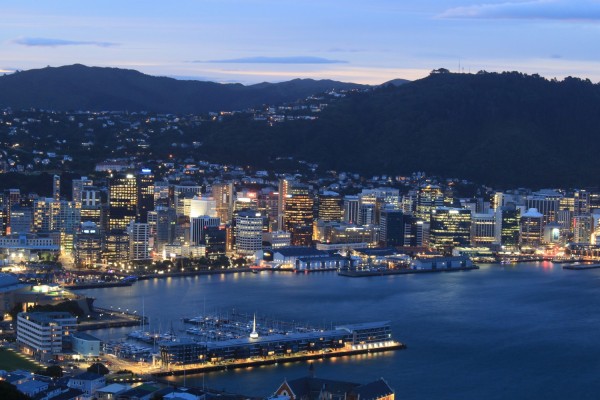
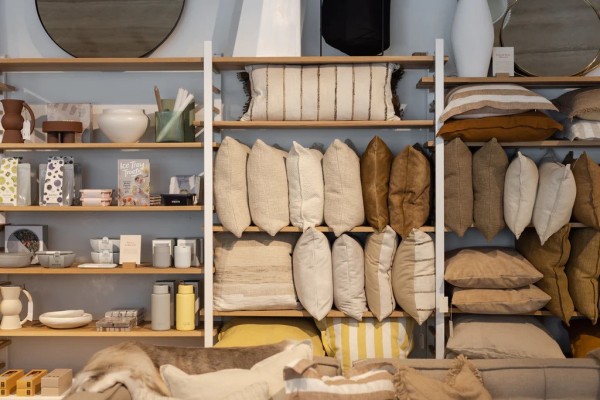

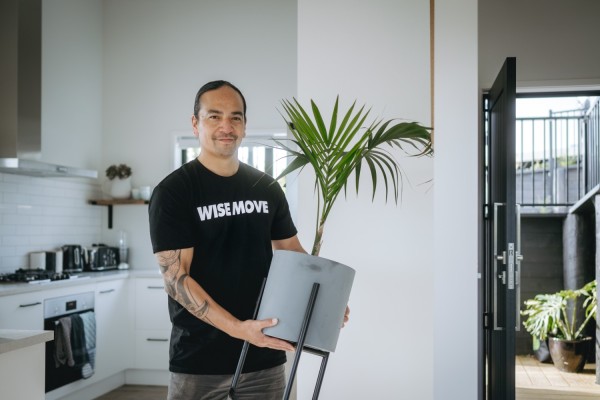
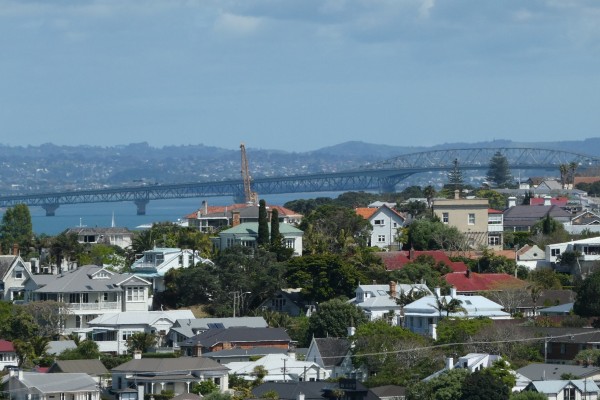
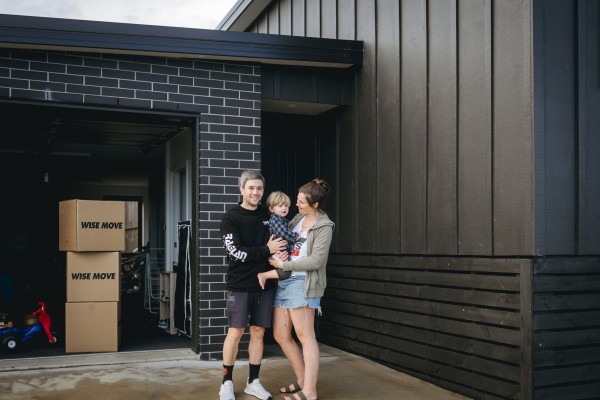
![What does it cost to build a new house in New Zealand? [2025] What does it cost to build a new house in New Zealand? [2025]](https://cdn.wisemove.co.nz/image/blog/ffd5dbdc5eec7e9eb3ad049d6c5c7f4d.jpeg)
![The Cost of Living in New Zealand [2025] The Cost of Living in New Zealand [2025]](https://cdn.wisemove.co.nz/image/blog/d539e4255aa65a048571f0a66070bf6d.jpeg)
![Cost of Living in Wellington [2025] Cost of Living in Wellington [2025]](https://cdn.wisemove.co.nz/image/blog/9fb48a8bb223ca2bbe364be82a08dc73.jpeg)
![The Cost of Living in Christchurch [2025] The Cost of Living in Christchurch [2025]](https://cdn.wisemove.co.nz/image/blog/7f2f5f00e0f0b12f2efbd7e8106f1c77.jpeg)
![The Cost of Living in Queenstown [2025] The Cost of Living in Queenstown [2025]](https://cdn.wisemove.co.nz/image/blog/dac6744ceeec301cb10f558054b2c899.jpeg)
